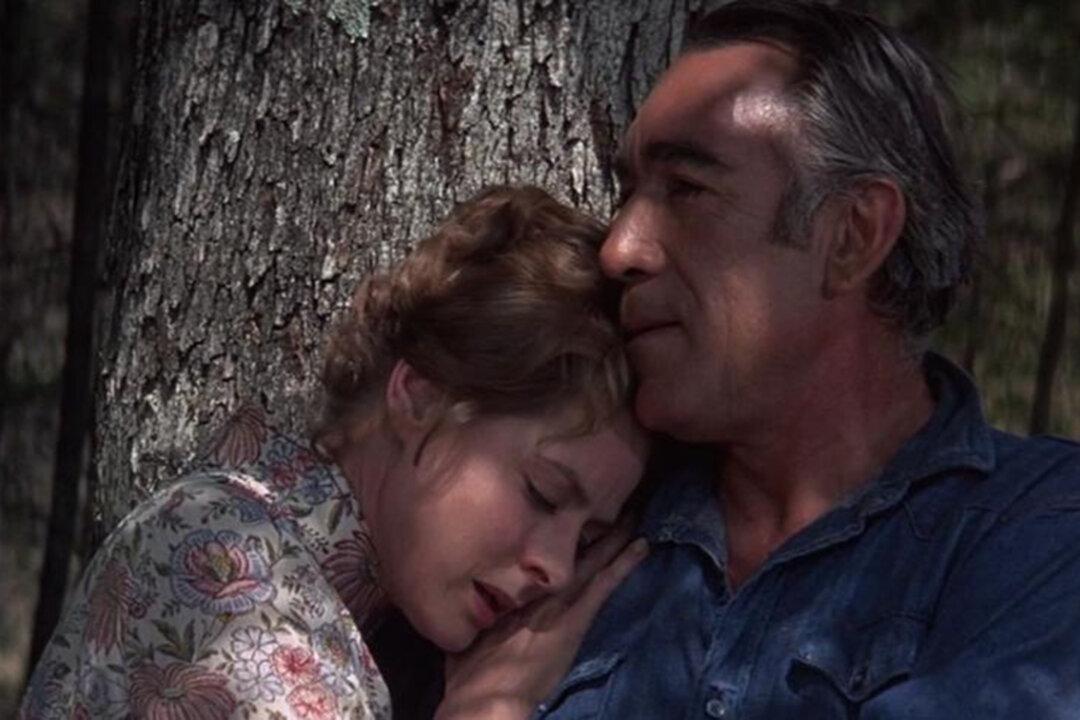GP | 1h 38m | Drama, Romance | 1970
Once in a while, films come along that immerse me so much in their narratives and their characters that time rolls by, and I can’t believe it when the movie’s ending credits appear.

GP | 1h 38m | Drama, Romance | 1970
Once in a while, films come along that immerse me so much in their narratives and their characters that time rolls by, and I can’t believe it when the movie’s ending credits appear.